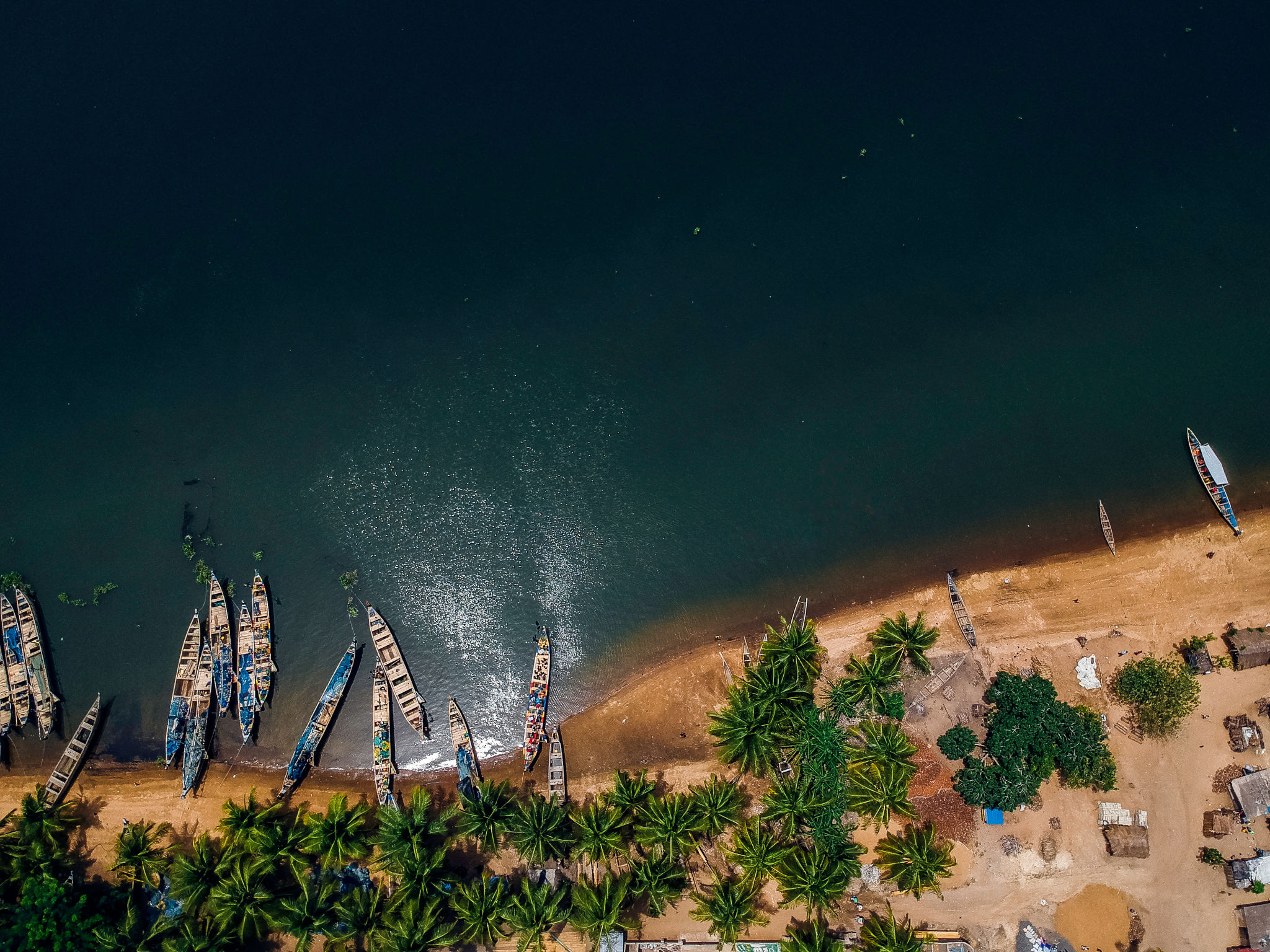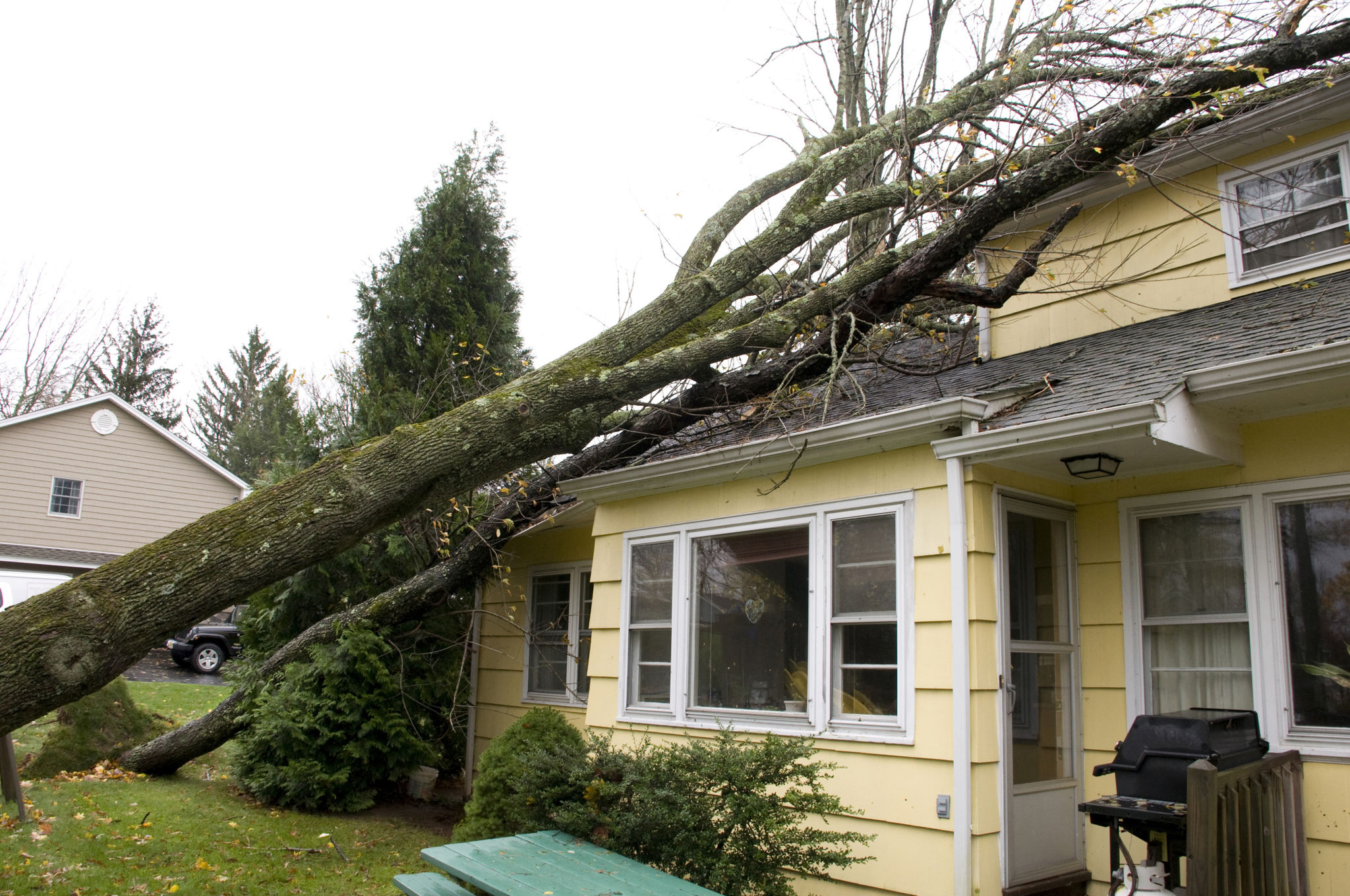Seasonal Tips: How to Prepare for Coastal Storms in Ghana
Understanding Coastal Storms in Ghana
Ghana's coastal regions are prone to seasonal storms, which can cause significant disruptions and damage. Understanding the nature of these storms is crucial for preparedness. These storms often bring heavy rains, strong winds, and sometimes flooding, impacting both communities and infrastructure.
Preparing for coastal storms is not merely about reacting when the weather turns severe but involves proactive measures that can mitigate risks and protect lives and properties. Communities along the coast must be vigilant, especially during the rainy season, which typically extends from April to October.

Developing a Family Emergency Plan
One of the most effective ways to prepare for coastal storms is by having a family emergency plan. This plan should include:
- Communication Strategy: Ensure that all family members know how to reach each other during an emergency. Having a list of emergency contacts is essential.
- Evacuation Routes: Identify and practice evacuation routes to higher ground or designated shelters.
- Emergency Supplies: Prepare an emergency kit with essentials such as water, non-perishable food, medications, flashlights, batteries, and first aid supplies.
Regularly review and update your family emergency plan, especially as the storm season approaches, to ensure everyone knows their role and responsibilities.

Strengthening Your Home
Protecting your home from storm damage is a critical aspect of preparation. Simple measures can make a significant difference:
- Reinforce Windows and Doors: Install storm shutters or use plywood to cover windows. Ensure doors are sturdy and can withstand strong winds.
- Inspect Roof and Gutters: Regularly check the roof for loose tiles or shingles and clean gutters to prevent water buildup.
- Secure Outdoor Items: Bring in or tie down outdoor furniture and other items that may become projectiles in high winds.

Staying Informed
An essential part of storm preparedness is staying informed about weather conditions. Tune into local news channels or radio stations that provide weather updates. Additionally, consider using weather apps that send alerts directly to your smartphone. Knowing when a storm is approaching gives you valuable time to put your plans into action.
Community involvement can also enhance preparedness. Participate in local disaster preparedness workshops or meetings organized by local authorities. Such initiatives often provide useful information on how to deal with coastal storms effectively.

Protecting Livelihoods
For many residents of coastal Ghana, fishing and agriculture are primary sources of income. Protecting these livelihoods from storm damage is vital. Fishermen should secure boats properly and avoid going out to sea during warnings of adverse weather conditions. Farmers might need to implement soil conservation techniques to prevent erosion and crop damage.
Consider diversifying income sources if possible, to reduce the financial impact of any potential storm-related losses. Community-based savings groups can also provide a financial safety net in times of crisis.
Conclusion: Building Resilience
Preparing for coastal storms in Ghana requires a combination of individual initiative, community collaboration, and support from local authorities. By understanding the risks and taking proactive measures, communities can build resilience against the impacts of these natural events.
The goal is not only to protect lives and property but also to foster a culture of preparedness that empowers residents to respond effectively in the face of adversity. With the right planning and resources, Ghana's coastal communities can weather the stormy seasons with greater confidence and security.